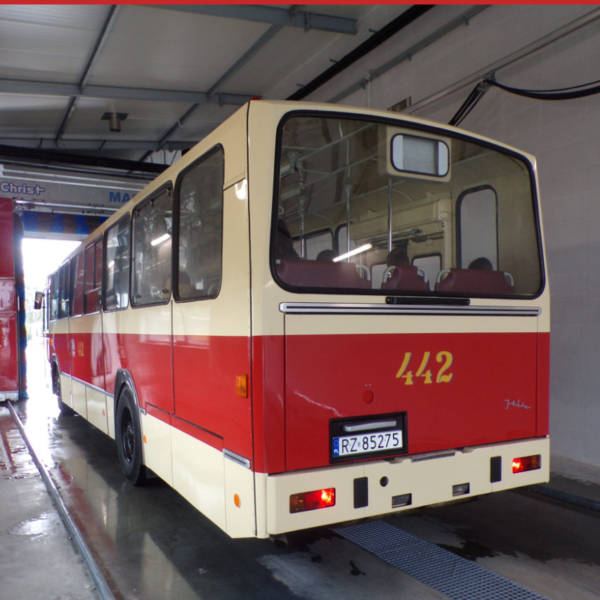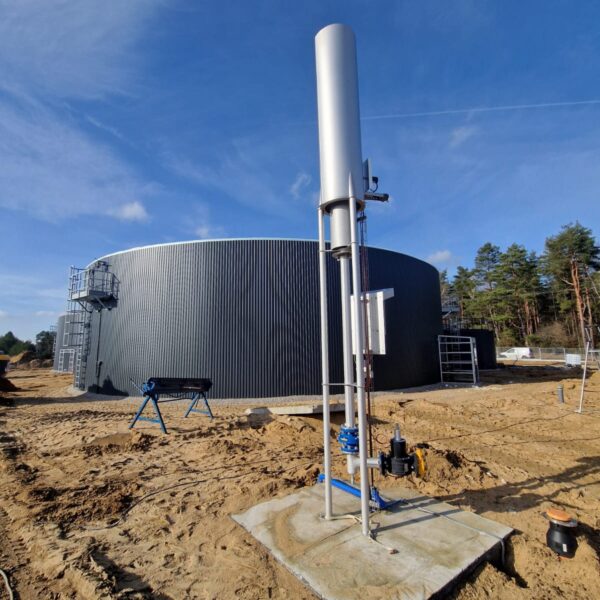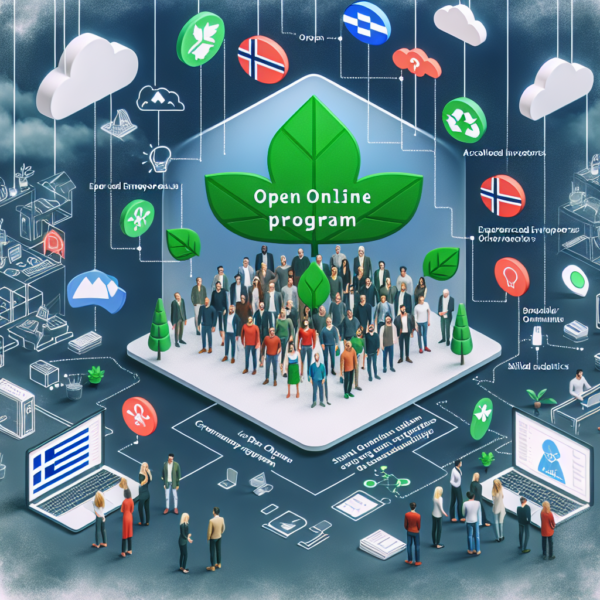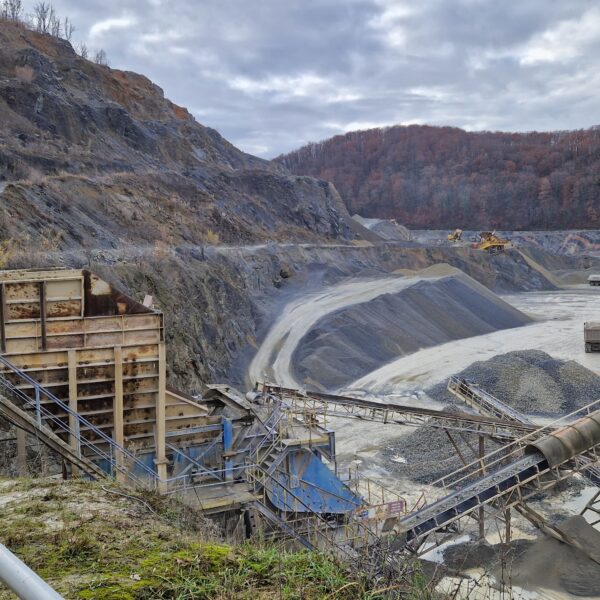Zero Waste School in Dupnitsa
The project tackles the problem of food waste generation in the schools of Dupnitsa in Bulgaria. The target groups are primary and secondary school students, teachers, as well as children from local kindergartens and the general public in the municipality of Dupnitsa.
Food waste generated by the population and in particular in schools and kindergartens is a serious problem
that faces not only educational institutions but also the population of Dupnitsa in general. The local
population does not have established habits and culture to separate waste and to use resources rationally.
One of the identified reasons is the lack of sufficient information on the harmful effects on the environment
and the ways to reduce waste generation.
To solve this problem SEU Sv. Paisii Hilendarski and PG Hristo Botev – Dupnitsa and Hristo Botev Primary
School – Kraynitsi village in partnership with Green Industry, Innovation and Technology Transfer
Foundation and the Norwegian consulting company IDN, which will assist in the implementation of good
practices from Norway, will introduce an innovative model of school without food waste and will pass the
required 7 steps for certification with a “Green Flag”.
The target groups are primary and secondary school students, teachers, as well as children from local
kindergartens and the general public in the municipality of Dupnitsa.
The results will be achived through the following activities:
– Development of 7 programs and implementing 7 educational campaigns concerning circular economy and
recycling;
– Development and implementation of 7 awareness raising campaigns;
– Promotion of activities in support of recycling and reuse of waste;
– Transfer of good practice from Norway.
The development and implementation of the planned educational programs and educational and information
campaigns aims to achieve results, both in the school and in the local community, through the positive
impact on students, their families, school and teaching staff and the general public in the three settlements.
As a result of the project implementation, the use of resources at the municipal level will be improved on
the basis of experience, knowledge and good practice gained from Norway.

